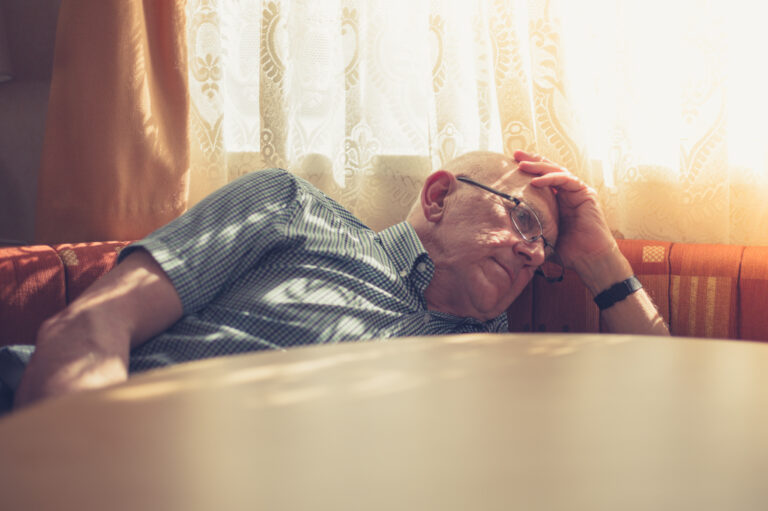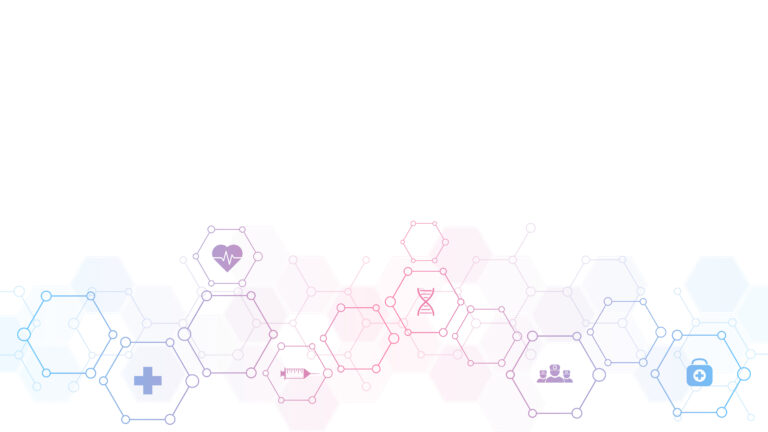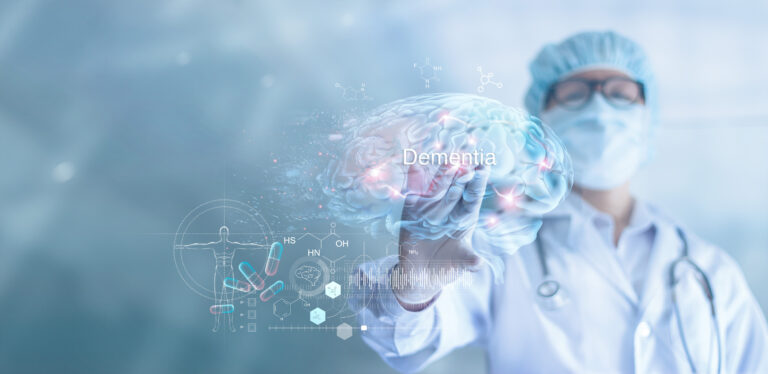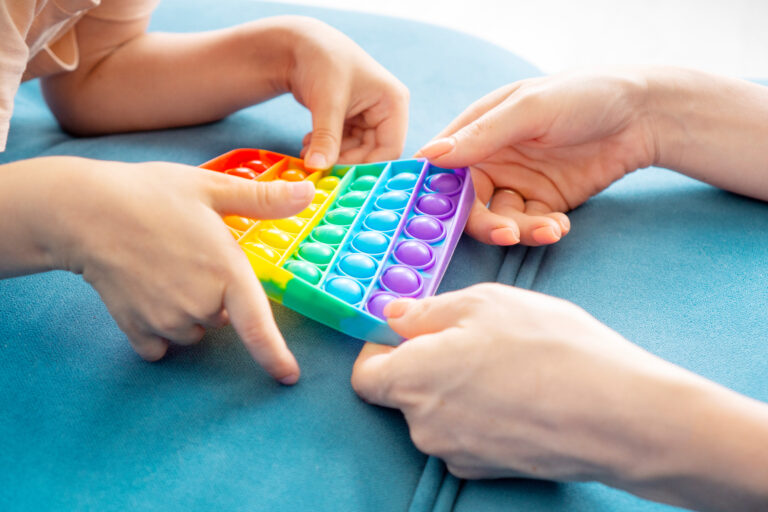Acupuncture is a traditional Chinese medicine practice that involves inserting thin needles into specific points on the body. It has been used for thousands of years to treat various health conditions, and in recent years, researchers have started to explore whether acupuncture might be helpful for people with Alzheimer’s disease. But is it safe? And what does the science say about its use for Alzheimer’s? Let’s look at the evidence in a clear, straightforward way.
## What Is Alzheimer’s Disease?
Alzheimer’s disease is a progressive brain disorder that slowly destroys memory and thinking skills. Over time, it can make it hard for a person to carry out even the simplest tasks. There is no cure for Alzheimer’s, and current treatments mainly focus on managing symptoms and slowing the progression of the disease. Because of this, many people and families look for additional therapies, like acupuncture, to help improve quality of life.
## How Might Acupuncture Help in Alzheimer’s?
Acupuncture is thought to work by stimulating the body’s natural healing processes. Some studies suggest that acupuncture can improve blood flow to the brain, support the growth of new brain cells (neuroplasticity), and reduce inflammation in the brain (neuroinflammation), which are all factors that might help slow the progression of Alzheimer’s[4]. There is also some evidence that acupuncture might help protect brain cells (neuroprotection) and improve the function of mitochondria, the energy-producing parts of cells, which could be beneficial in neurodegenerative diseases like Alzheimer’s[5].
## Is There Scientific Evidence for Acupuncture in Alzheimer’s?
While there is growing interest in acupuncture for Alzheimer’s, the scientific evidence is still limited. Most of the research on acupuncture and brain health has focused on conditions like stroke recovery or mild cognitive impairment, not specifically Alzheimer’s disease[2][3]. For example, some studies have shown that acupuncture can be safe and effective for improving motor function after a stroke[2], and there is preliminary evidence that it might help with mild cognitive impairment, which is sometimes a precursor to Alzheimer’s[3]. However, there are very few high-quality, large-scale studies looking directly at acupuncture for Alzheimer’s disease.
Some small studies and reviews have reported that acupuncture might lead to improvements in cognitive function and daily living activities in people with dementia, but these findings are not yet strong enough to make firm recommendations[5]. More rigorous research, especially randomized controlled trials, is needed to know for sure whether acupuncture can help people with Alzheimer’s.
## Is Acupuncture Safe for People with Alzheimer’s?
When performed by a trained and licensed practitioner, acupuncture is generally considered safe for most people, including older adults[1]. Serious side effects are rare, especially when compared to many medications used for Alzheimer’s, which can have significant risks. The most common side effects are mild, such as slight pain, bruising, or bleeding at the needle site. There is no evidence that acupuncture worsens Alzheimer’s symptoms.
However, people with Alzheimer’s may have trouble communicating discomfort or understanding the procedure, so it is especially important that the acupuncturist is experienced in working with older adults and people with cognitive impairments. Family members or caregivers should be present to help monitor the person’s comfort and safety during treatment.
## What Do Experts Say?
Major health organizations, such as the World Health Organization (WHO), recognize acupuncture as a generally safe practice when performed correctly. But they also note that more research is needed to confirm its benefits for specific conditions like Alzheimer’s. Most experts agree that acupuncture should not replace standard medical treatments for Alzheimer’s, but it might be considered as a complementary therapy to help with symptoms and overall well-being.
## What Should You Consider Before Trying Acupuncture for Alzheimer’s?
If you or a loved one is considering acupuncture for Alzheimer’s, here are some important points to keep in mind:
– **Talk to the Doctor First:** Always consult with the person’s primary care physician or neurologist before starting acupuncture. They can help determine if it is safe based on the individual’s overall health and medications.
– **Choose a Qualified Practitioner:** Make sure the acupuncturist is licensed and has experience working with older adults or people with cognitive impairments.
– **Monitor for Side Effects:** Even though side effects are rare, watch for any signs of discomfort, confusion, or skin irritation after treatment.
– **Set Realistic Expectations:** Acupuncture is not a cure for Alzheimer’s. It might help with some symptoms or improve quality of life, but it will not stop the disease from progressing.
– **Combine with Standard Care:** Acupuncture should be used alongside, not instead of, standard medical treatments for Alzheimer’s.
## The Bottom Line
Acupuncture appears to be a safe option for most people with Alzheimer’s when performed by a qualified professional[1]. There is some early evidence that it might help with certain symptoms or overall well-being, but the scientific support is still limited, especially for Alzheimer’s specifically[5]. More high-quality research is needed to understand how effective acupuncture really is for this condition. For now, it can be considered as a complementary therapy, but it should not replace proven medical treatments.
If you are interested in trying acupuncture for Alzheimer’s, talk to your doctor, choose a reputable practitioner, and keep an open but cautious mind about the potential benefits and limitations.
[1] Ann Med. 2025 Oct 1;57(1):2566397. doi: 10.1080/07853890.2025.2566397
[2] Acupuncture and stroke motor rehabilitation: a decade of evidence
[3] The Effect of Electroacupuncture on Microcirculation in Patients With Hypertension and Mild Cognitive Impairment
[4] Unlocking Longevity – Acupuncture & TCM
[5] Emerging Therapies for Dementia and Alzheimer’s





